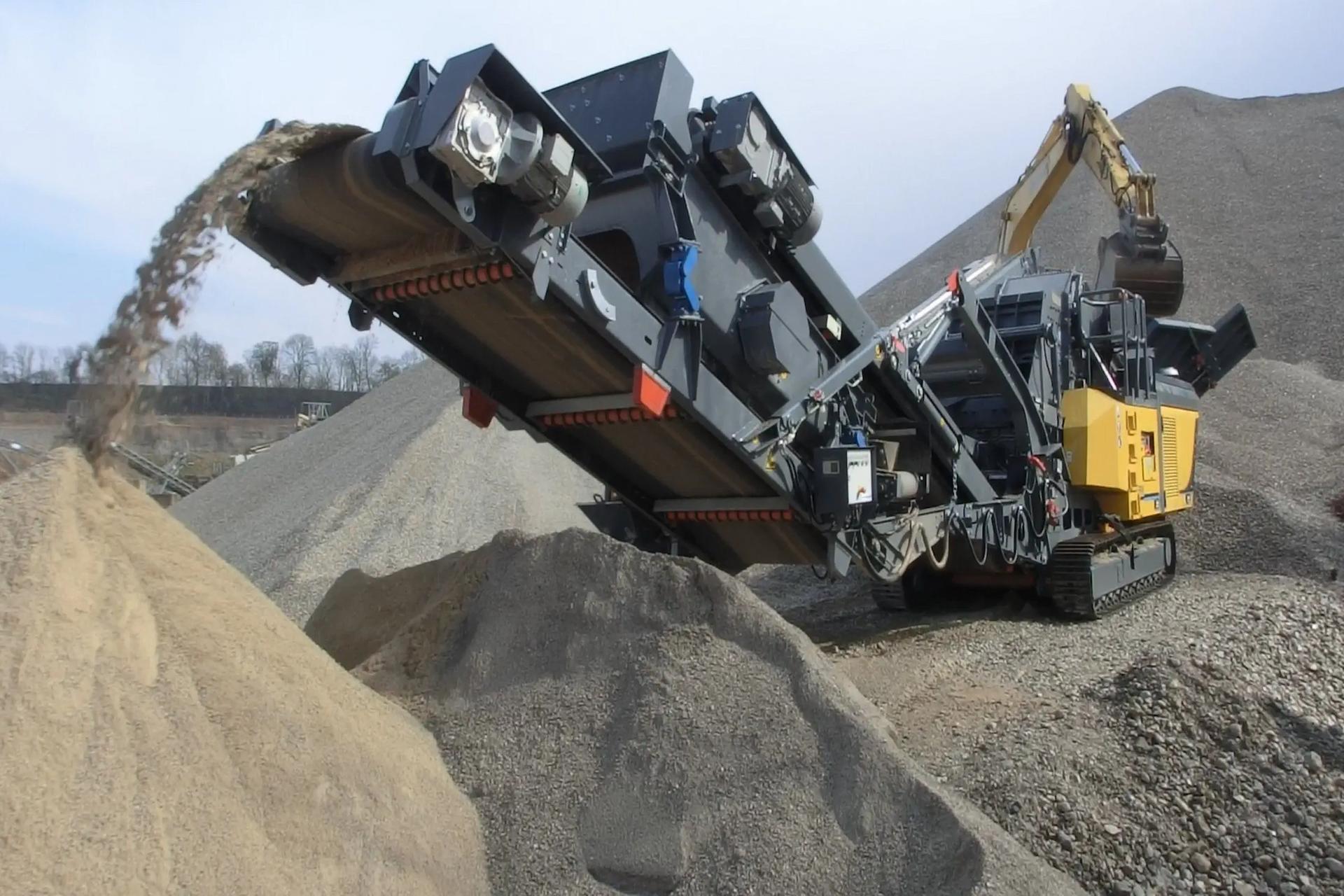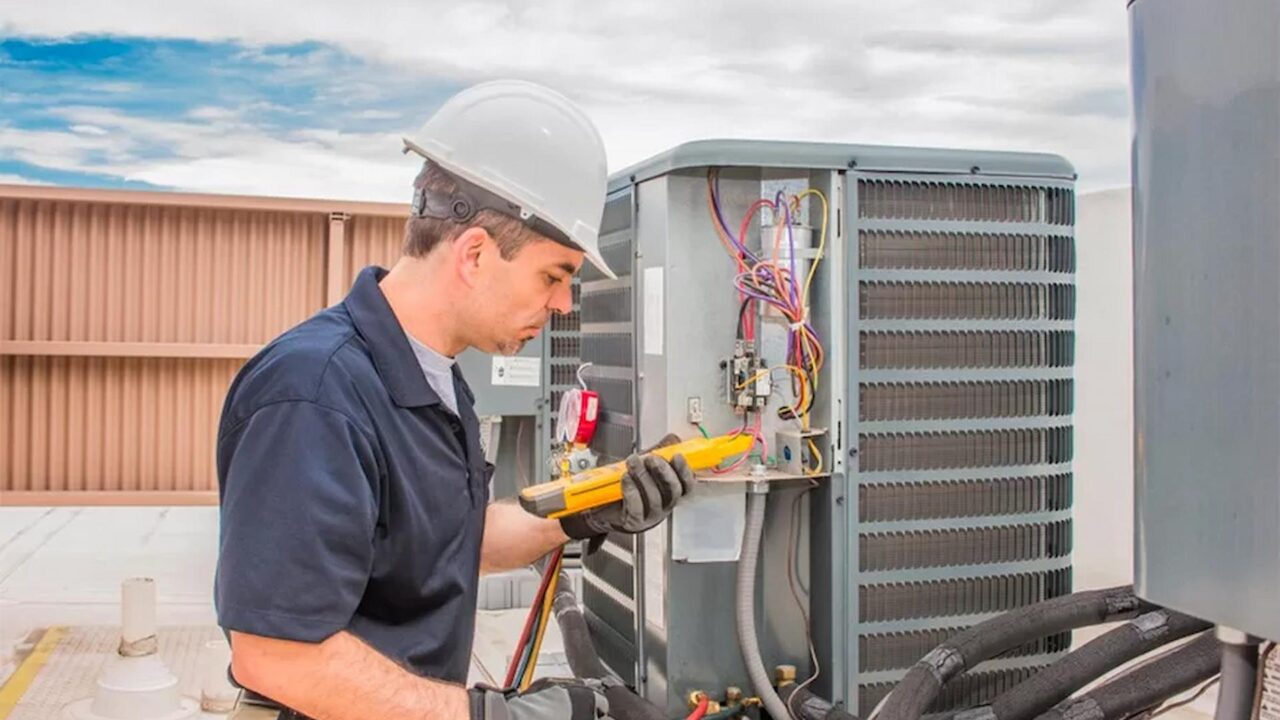
Effective maintenance is key to maximising the lifespan and performance of demolition tools. Whether breaking concrete or dismantling structures, keeping your tools in top condition ensures they remain efficient and reliable. In this guide, we’ll explore simple yet crucial maintenance tips that can help extend the life of your demolition tools. From regular cleaning to proper storage and timely repairs, these practices not only enhance durability but also optimise their functionality, saving you time and money in the long run.
Importance of Maintenance
Demolition tools endure immense stress and wear during their operations. Neglecting regular maintenance can lead to premature equipment failure, costly repairs, and potential safety hazards. By implementing a consistent maintenance routine, you can maximise the lifespan of your tools, reduce downtime, and ensure a safer work environment.
Pre-Operation Checks
Visual Inspection
Before starting any demolition project, it’s essential to conduct a thorough visual inspection of your tools. Look for signs of wear, cracks, or damage that could compromise the tool’s performance or pose safety risks. Pay close attention to moving parts, cutting edges, and other high-stress areas.
Fluid Levels
Regularly check and maintain the appropriate fluid levels, such as engine oil, hydraulic fluid, and coolant. Low fluid levels can lead to overheating, increased friction, and accelerated wear on internal components.
During Operation
Proper Usage
Adhering to the manufacturer’s recommended operating procedures is crucial for prolonging the life of your demolition tools. Avoid overloading or misusing the equipment, leading to premature wear and potential breakdowns.
Debris Management
Demolition sites can accumulate a significant amount of debris, which can interfere with the smooth operation of your tools. Regularly clear away any debris or obstructions to prevent damage and ensure optimal performance.
Post-Operation Maintenance
Cleaning
After each use, thoroughly clean your demolition tools, such as 800i cone crushers, to remove any accumulated dirt, dust, or debris. This helps prevent corrosion, reduces wear on moving parts, and ensures proper functioning for the next job.
Lubrication
Lubricate all moving parts and pivot points regularly according to the manufacturer’s recommendations. Proper lubrication minimises friction, reduces wear, and enhances overall tool performance.
Sharpening and Replacement
Dull or worn cutting edges and accessories can put excessive strain on your demolition tools, leading to increased wear and potential failures. Regularly sharpen or replace these components to maintain optimal performance and efficiency.
Storage and Transportation
Proper Storage
When not in use, store your demolition tools in a clean, dry, and secure location. Protect them from moisture, dust, and potential damage from other equipment or tools.
Safe Transportation
When transporting demolition tools, secure them properly to prevent unnecessary movement or vibration during transit. This helps minimise potential damage and ensures safe arrival at the job site.
Periodic Inspections and Maintenance
In addition to regular maintenance, it’s essential to schedule periodic inspections and servicing by qualified technicians. These professionals can identify potential issues, perform necessary repairs, and ensure your demolition tools operate at peak performance levels.
In conclusion, maintaining demolition tools doesn’t have to be complicated. You can significantly prolong their lifespan by incorporating regular cleaning, inspections, and proper storage into your routine. These simple steps not only prevent premature wear and damage but also ensure that your tools perform at their best when you need them most. Whether you’re a contractor, builder, or DIY enthusiast, investing in the maintenance of your demolition tools is an investment in efficiency and reliability. Take care of your tools; they’ll cover your demolition needs for years.





